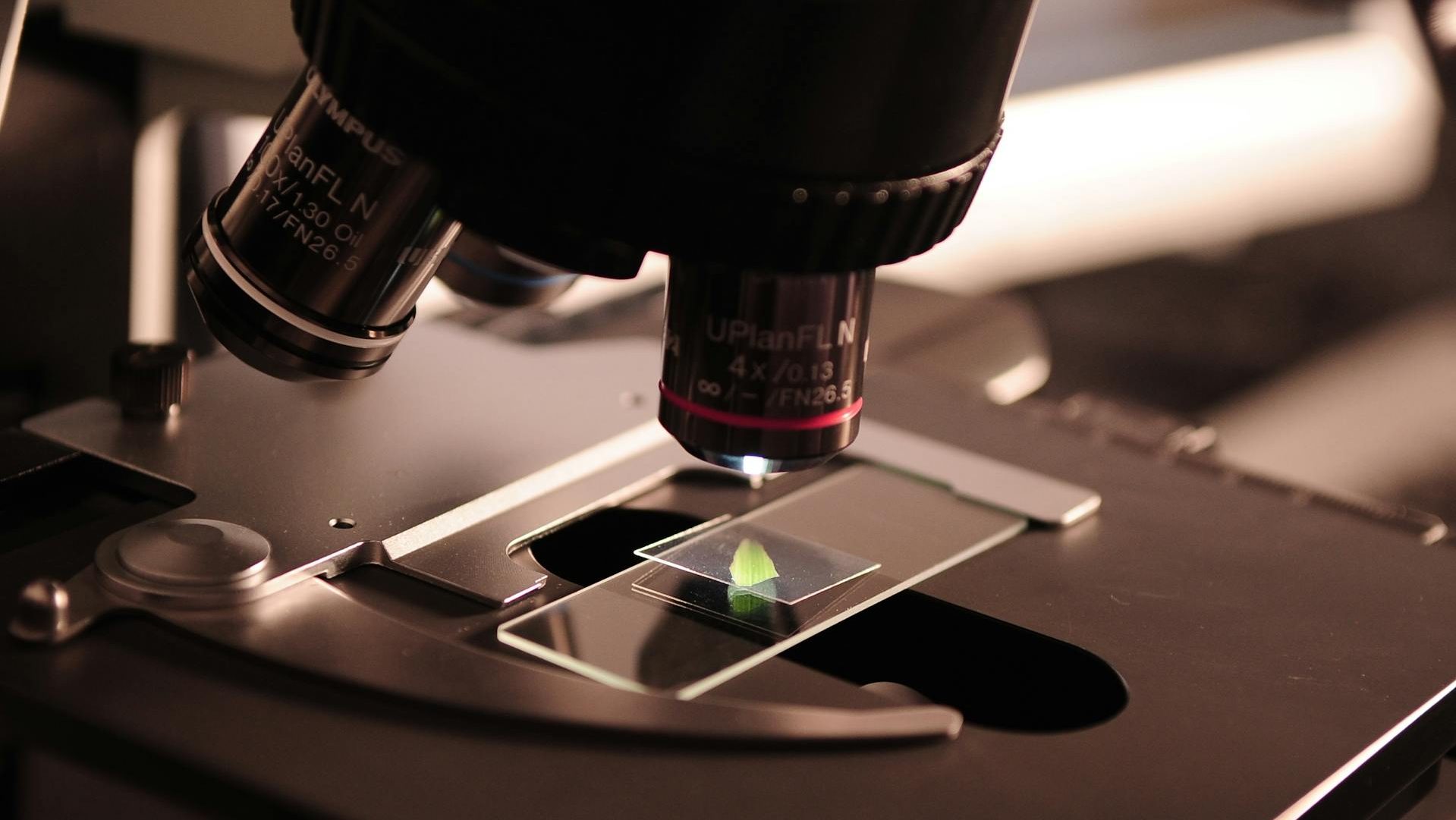SINGAPORE: A recent study published in the Journal of Clinical Investigation has revealed that individuals with Spinal Muscular Atrophy (SMA) are at a heightened risk of developing fatty liver disease, adding another layer of health challenges for those afflicted by this rare genetic condition.
SMA is a debilitating genetic disorder characterized by the body’s inability to produce the Survival Motor Neuron (SMN) protein, which is crucial for the functioning of motor neurons.
These neurons send signals from the brain to the muscles, enabling movement. The absence or deficiency of SMN protein leads to the progressive weakening of muscles due to the motor neurons’ inability to communicate effectively.
The new study has discovered that the same genetic mutation responsible for SMA also adversely affects the liver.
Researchers found that the reduced levels of SMN protein in liver cells significantly impair the liver’s ability to metabolize fats. This impairment can result in the accumulation of fat within the liver, potentially leading to fatty liver disease.
One of the pivotal findings of the study is that correcting the faulty gene in patients’ stem cells can reverse liver dysfunction.
By increasing SMN production through gene editing, the researchers were able to mitigate the liver issues caused by the SMA mutation.
This establishes a direct connection between the genetic defect responsible for SMA and the subsequent liver problems.
The study was a collaborative effort involving clinicians and researchers from several prestigious institutions across the globe.
Contributors included experts from the Agency for Science, Technology and Research (A*STAR) and NUS Medicine in Singapore, Boston Children’s Hospital, Harvard Medical School, Harvard University in the United States, and the University of Aberdeen in Scotland.
This research sheds light on the broader implications of SMA beyond its well-known impact on muscle control and opens up new avenues for potential treatments.
By addressing the genetic root of SMA’s neurological and hepatic manifestations, future therapies might offer more comprehensive relief for patients suffering from this condition. /TISG

